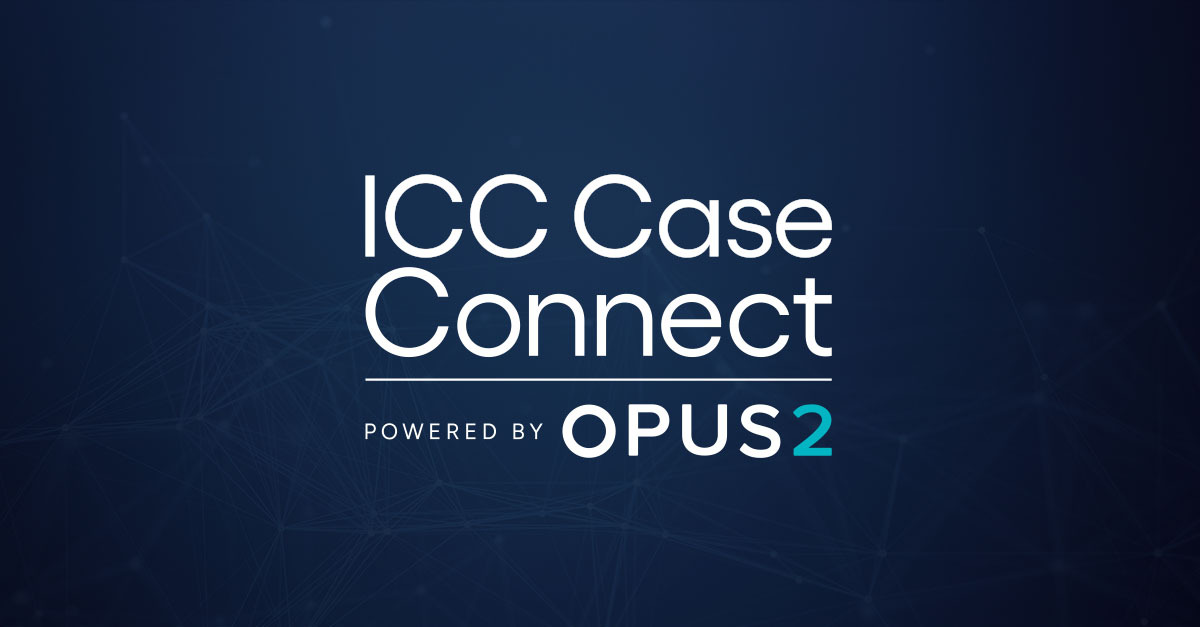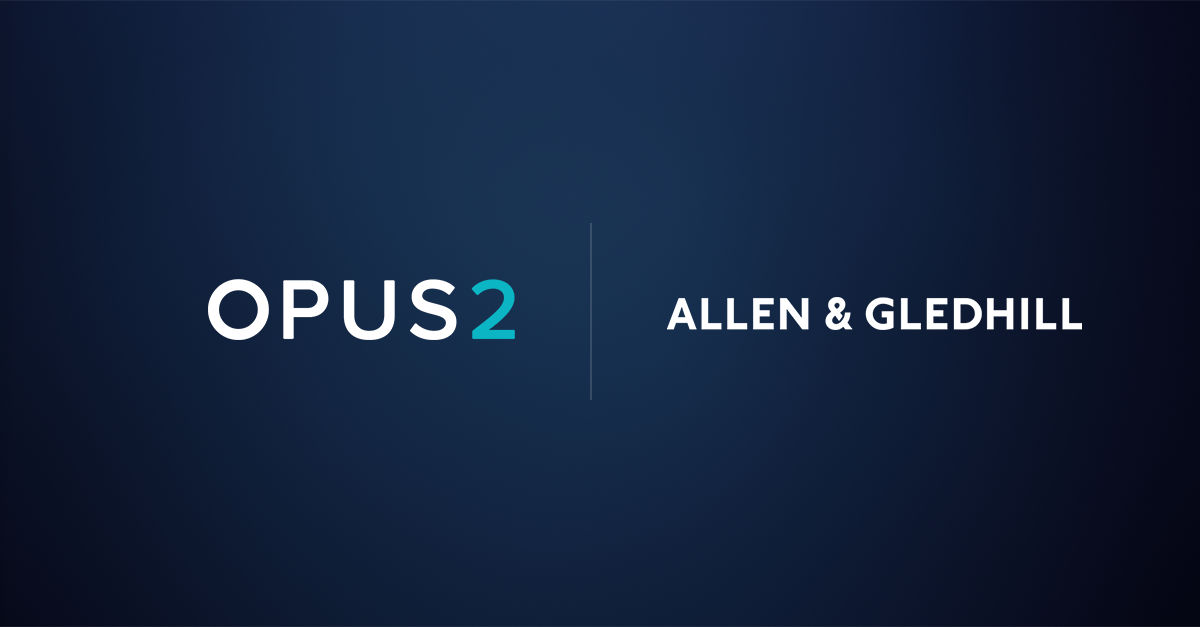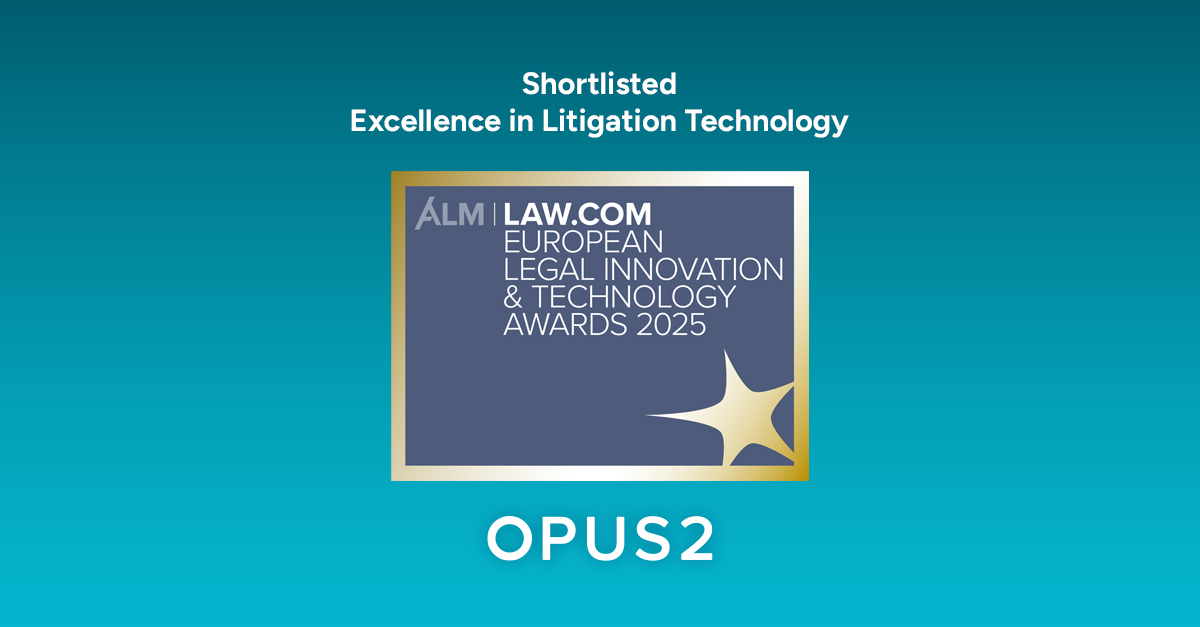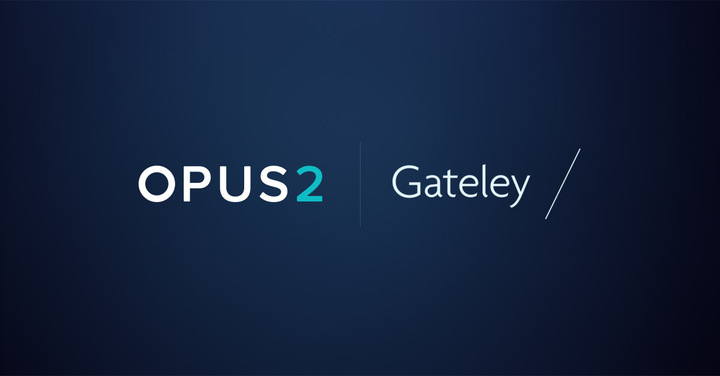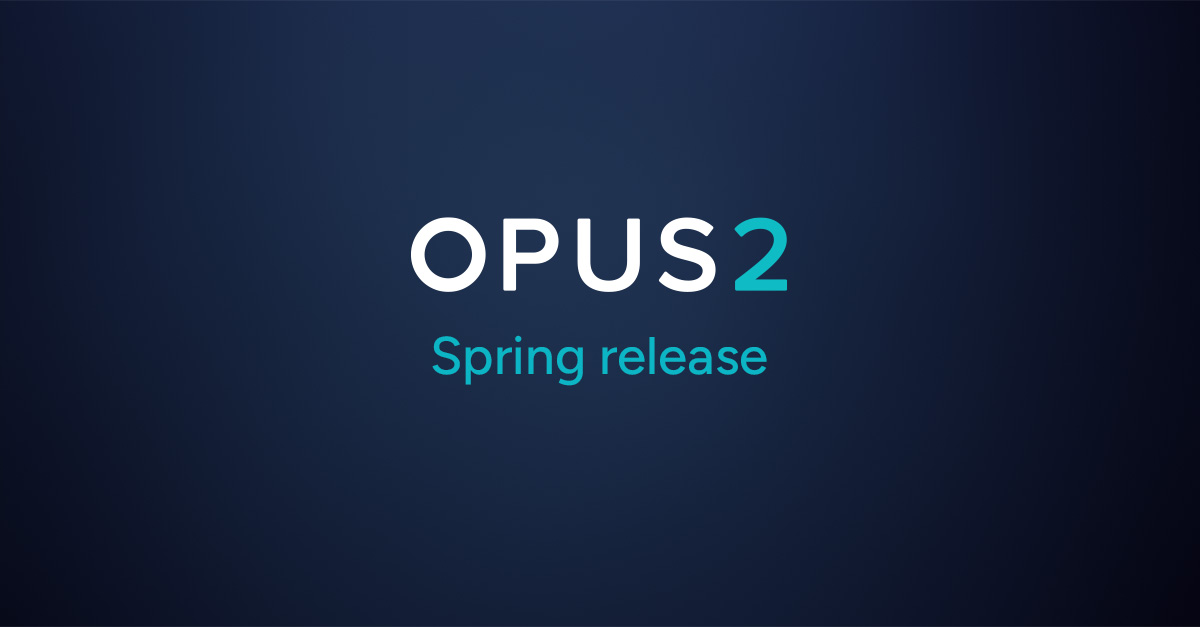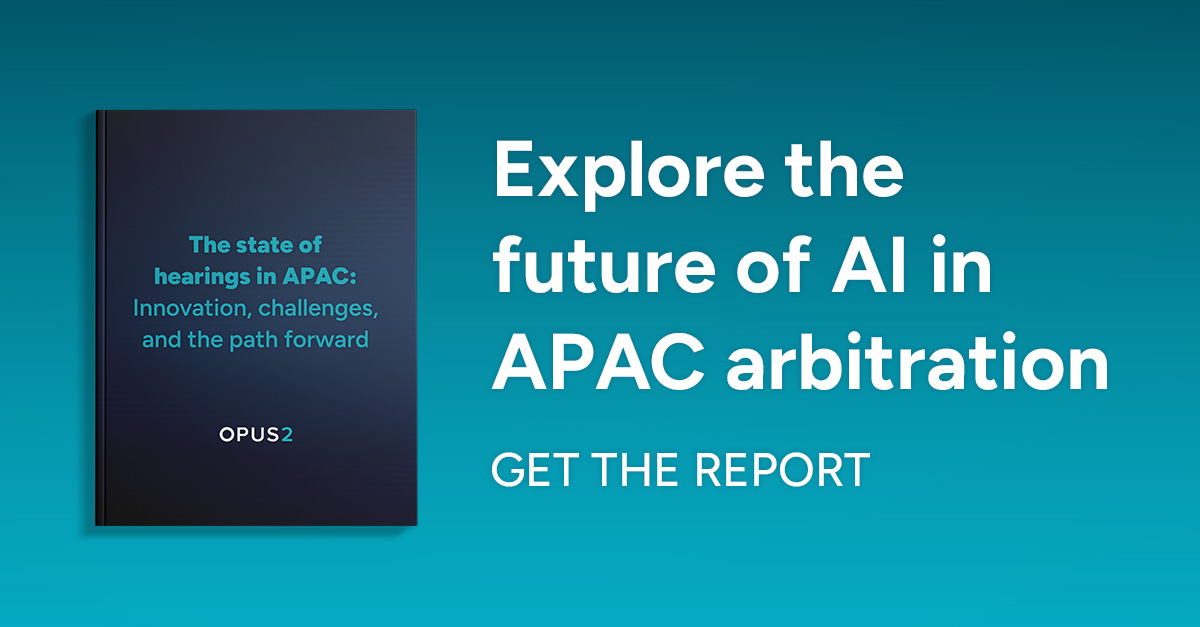From keynote addresses and educational sessions to trade show booths and casual conversations, AI was everywhere at Legalweek 2025. We attended panels, talked with peers, and connected with law firms to explore a wide variety of perspectives on AI. Here’s what we learned:
From the Legalweek 2025 agenda: All angles on AI
The Legalweek 2025 agenda featured around 100 sessions, and more than 60 percent included AI as the primary focus or a supporting discussion point. Indeed, there was AI-focused content for nearly every legal role from judges and arbitrators to partners and in-house counsel to eDiscovery and litigation support. In addition, the sessions covered a wide array of themes including governance, ethics, and regulation; use cases and best practices for litigation, eDiscovery, and case management; AI in legal operations; and the future of AI in the legal industry.
Even with the abundance of sessions, discussions on AI were in high demand. The line to get into the opening AI session stretched along the corridor for the entire length of the building, ultimately dozens (maybe hundreds) were turned away when the room reached capacity.
Among all the AI sessions we attended, here’s a quick overview of three of our favorites:
1. AI in Action: Driving ROI and Innovation in eDiscovery
This session explored how AI is transforming eDiscovery by enhancing workflows, reducing costs, and improving accuracy—ultimately delivering measurable ROI. The panelists emphasized that while AI in eDiscovery isn’t new, the use of GenAI introduces new considerations for law firms and their clients.
The discussion explored the importance of testing AI’s practical value versus hype, positioning firms as consultants for clients looking to adopt AI. Examples of putting this into action included internal hackathons and legal assistant-driven innovations to offer lower barriers to AI adoption. They also highlighted the role of change management from a legal industry perspective, sharing insights on how law schools are preparing future lawyers for using AI.
The conversation touched on evolving billing models, with AI enabling firms to focus on high-value work rather than traditional billable hours. Additionally, firms are collaborating closely with CISOs to develop AI policies.
2. Beyond the Hype: Generative AI’s Real Impact on Legal Practice Today
This session explored how generative AI is reshaping legal practice, from redefining client expectations to influencing firms’ technology adoption strategies. Panelists discussed the ongoing debate of build vs. buy, highlighting the need for rigorous testing of AI solutions to determine their true value. Firms are constantly evaluating multiple AI tools, moving away from a one-size-fits-all approach, opting to use a suite of AI tools, and leverage shorter contract cycles to keep pace with AI’s rapid development.
A key theme was the evolving client mindset. Initially, clients were wary of AI in legal work, concerned about its role in sensitive processes. However, attitudes have shifted—now, clients expect AI to drive efficiency and cost reduction. Firms that leverage AI effectively aren’t just meeting expectations; they’re gaining more work as clients prioritize speed and value.
The session also emphasized the importance of enterprise-wide AI access. Limited licensing and functionality can hinder AI adoption, while firm-wide access allows unexpected users to innovate. Additionally, knowledge management emerged as a critical area, with AI enhancing contract reviews, legal research, document analysis, and case preparation.
Ultimately, firms must navigate the disruption AI brings to staffing, workflows, and service delivery while rediscovering the core value of legal services in an AI-enhanced landscape.
3. Choosing the right vendors for a smart, sustainable AI infrastructure
With the legal tech market flooded with AI solutions, selecting the right vendor is critical for building a scalable and sustainable AI infrastructure. This session provided a roadmap for legal professionals to evaluate vendors effectively, focusing on key criteria like product reliability, security, and alignment with firm-specific needs.
Panelists stressed the importance of due diligence in vendor selection, advising firms to ask tough questions about data governance, privacy, and compliance to ensure ethical and secure AI use. The discussion also highlighted strategies for avoiding vendor fatigue, encouraging firms to look beyond flashy marketing to assess real-world performance, long-term viability, and a vendor’s ability to adapt to evolving legal workflows.
Finally, the session underscored the value of building long-term partnerships with AI providers. Instead of one-time purchases, firms should seek vendors committed to continuous improvement, integration flexibility, and ongoing collaboration to maximize AI’s impact over time.
AI topics that were the talk of the town
Throughout Legalweek, AI was a dominant topic in conversations with attendees. Recurring themes included:
The pressure to take action on AI
Law firms have historically adopted a cautious, wait-and-see approach to new technology. However, with AI, many firms feel an increasing sense of urgency, concerned that they may be falling behind early adopters.
Early adopters now have a strategic advantage—they have already navigated initial challenges, refined their AI strategies, and built institutional knowledge. In contrast, firms that have only dabbled in AI are now actively exploring solutions to address their most pressing challenges, even if it means replacing legacy systems. As one speaker put it, “If a legal tech provider doesn’t have an AI strategy, they’re a strong candidate for replacement.”
Change management challenges
Despite AI’s momentum, adoption hurdles remain. Many legal professionals recall high-profile AI missteps from recent years, often stemming from misunderstandings and lack of oversight. While skepticism persists, firms are addressing these concerns through structured AI implementation strategies, including:
- Educating lawyers on AI’s capabilities and limitations.
- Establishing firmwide AI policies to ensure consistent and ethical use.
- Engaging CIOs and legal tech leaders to drive safe and effective adoption.
As firms build AI literacy, adoption is shifting from “if” to “how.”
AI’s impact on billing models
Legal billing is always a hot topic at Legalweek, and AI is adding new layers to the discussion. While few believe the billable hour will disappear, most agree that it must evolve.
One interesting idea we heard that may gain traction is the idea of value-based billing—charging for outcomes rather than strict hours worked. With AI automating routine tasks, firms are reevaluating how they define and communicate the value they provide. After all, while AI might save time, that doesn’t mean the work itself is worth less. The only question is, will clients buy in?
Expanding access to legal services
We heard from several attendees that their firms are exploring new market opportunities created by AI. One patent attorney we talked to shared that their firm exploring how to leveraging AI to take on work for clients that historically haven’t been able to afford the firm’s legal services.
For example, a firm could meet a small startup’s budget if the client were OK with the firm using AI for the many manual tasks while engaging an associate to review and validate the outputs. By making the use of AI part of the terms of the client engagement, the firm is able to adapt more quickly to shifting client demands while also expanding their market share.
Approaches to AI from the trade show floor
AI was on nearly every booth in the Legalweek 2025 exhibit hall. The event showcased a variety of AI approaches, each with distinct benefits and considerations. Vendors demonstrated solutions designed to streamline legal workflows, enhance decision-making, and improve access to legal knowledge.
Here are a few of our observations on AI for lawyers:
AI within purpose-built platforms
In the past, we’ve discussed the value of use-case focused AI versus standalone solutions, but the importance and impact of thoughtful AI integration and design was front and center at Legalweek 2025. Among the most impressive AI applications were those tailored for the way that lawyers work, built into the platforms and workflows they already use. Not only does this approach help encourage adoption, but by keeping documents, AI tools, and resulting work product centralized in a single platform, it also doubles down on the already impressive benefits of using AI.
Using AI to expand offerings
As legal tech vendors integrate AI into their solutions, many are seeing it as an easy opportunity to offer basic functionality and market into adjacent legal tech categories. For example, we noticed a number of eDiscovery providers marketing new AI-driven features like case chronology. For law firms already heavily invested in these platforms, it may seem like low-hanging fruit to adopt these new AI features. However, some users report that in practice, these tools only really scratch the surface and can’t offer the depth of functionality and integration required to be truly valuable.
Surface-level AI additions
Some legacy solutions have struggled to keep up with the rapid rate of change in legal tech. As more and more firms embrace cloud-based solutions where enhancements and updates are more frequent, client expectations are changing. To stay competitive, some legacy solutions appear to have added basic AI functionality to their platforms. However, this may raise questions about adaptability, value, and scalability.
Additional perspectives on Legalweek 2025
As one of the biggest industry events of the year, Legalweek always draws a lot of media attention – here are a few Legalweek 2025 takeaway articles that caught our eye:
- Law.com – Overheard at Legalweek 2025: Navigating a New AI and Regulatory Future
- eDiscovery Today – Crowdsourced Legalweek 2025 Observations: Legal Technology Trends
- Above the Law – Legalweek 2025: How General Counsel Learned To Stop Worrying And Love The Bot
- Business Insider – 11 hours at Legalweek: Lawyers need to wake up and use AI
- Above the Law – Legalweek 2025: Put An AI On It!
Predictions for Legalweek 2026
Over the last few years at Legalweek, and in the legal industry more broadly, discussions about AI have evolved significantly. The questions we ask each other have changed over time, reflecting the industry’s journey from curiosity to implementation and beyond:
- Phase 1: Excitement and speculation – AI is exciting, but abstract: The possibilities are endless. What do you think will happen?
- Phase 2: Skepticism and early interest – Is AI all hype? Are there any real applications? Is anybody actually using it?
- Phase 3: Early adoption and challenges – Are you using AI? Can it be trusted? What are your AI plans?
- Phase 4 (current state): Practical applications and results – What are you using AI for, and how is it working?
- Phase 5 (next year): Refinement and optimization – What’s delivering value? What isn’t working? What mix of solutions best meets our needs?
So, what will we be talking about at Legalweek 2026? Here are our predictions:
AI will be assumed
The conversation will no longer focus on whether AI should be used or how it functions. Instead, discussions will center on what works—which solutions deliver the most value, and how firms can maximize their impact. Given the overwhelming presence of AI solutions at Legalweek this year, we may have reached peak AI hype. However, Legalweek 2026 discussions will likely be more informed, nuanced, and focused on practical applications and measurable benefits.
Solution churn
By next year, firms and innovation teams will have a clearer understanding of where AI provides the most value. Those that adopted multiple AI solutions will likely reassess their choices, parting ways with providers that were more about flash than function. While some early adopters may have experimented with solutions that didn’t work, they’ll still be ahead of firms that hesitated and are just now exploring AI. Timing will be critical—those who adapt quickly will maintain a competitive edge.
More competitive mindsets
The legal tech community has always been highly collaborative, often sharing strategies and engaging in collective problem-solving among peers. We expect this will always be true. However, we may see a shift next year as firms identify the right blend of solutions that can provide a true competitive edge. They may become, understandably, more protective of their recipe for success.
Upskilling advanced users and specialized AI roles
One of the industry’s biggest challenges has been making AI’s value tangible—moving from theoretical possibilities to practical benefits. As legal professionals grow more familiar with AI’s capabilities, they’ll be ready for more advanced applications. Technology vendors must support this evolution by providing tools that cater to both experienced users and those still gaining confidence.
In addition, we’ll see more AI-specific roles within law firms to ensure that AI investments are yielding positive returns. We expect that the Legalweek 2026 agenda will feature a number of sessions for savvy AI users ready to take their skills to the next level.
GCs and in-house counsel leading the way
In-house and GCs have often led the charge in innovation efforts. It’s easy to understand why because they have smaller teams, are able to adapt more quickly, and accept change more readily when it comes to adopting emerging technology. While in-house teams will still rely on outside counsel, AI will allow them to handle more work internally, reducing the need to outsource tasks to law firms. Law firms must find new ways to add value—whether by offering AI-driven efficiency or providing strategic counsel on AI adoption.
Additionally, expect corporate legal teams to ask questions about how your law firm uses AI and the cost-savings they can expect to see as a result. Expect in-house teams to ask questions about how your law firms uses AI and how these tools translate into cost savings and greater efficiency.
AI agents
AI agents—autonomous systems that perform tasks on behalf of users—are a growing topic of discussion. While they’re still in their early stages, we anticipate hearing much more about them next year. Their usefulness will likely be tested in administrative tasks like scheduling and billing, where context and expertise are less critical. However, when it comes to confidential legal work requiring deep legal knowledge and human judgment, lawyers will remain in control. The key question will be: Who has successfully implemented AI agents, and what lessons can the industry learn from them?
What’s next?
Legalweek 2025 made it clear that AI is no longer a futuristic concept—it’s a fundamental part of the legal industry. The discussions have shifted from broad speculation to refining strategies, measuring impact, and identifying the most effective AI applications. As plan and assess their AI investments, the focus will be on what delivers real value, fosters competitive advantages, and aligns with evolving client expectations.
Looking ahead to Legalweek 2026, we anticipate deeper conversations around AI optimization, specialized roles, and the practical use of AI agents. Firms that effectively integrate AI while maintaining agility and collaboration will be well-positioned for long-term success. The next year will be critical in shaping AI’s role in legal services, setting the stage for more sophisticated and strategic applications.
If you’d like to explore how Opus 2 leverages AI, including the new AI Workbench, to give law firms and litigation teams an edge, you can see it in action and speak to an expert by requesting a demo anytime.


